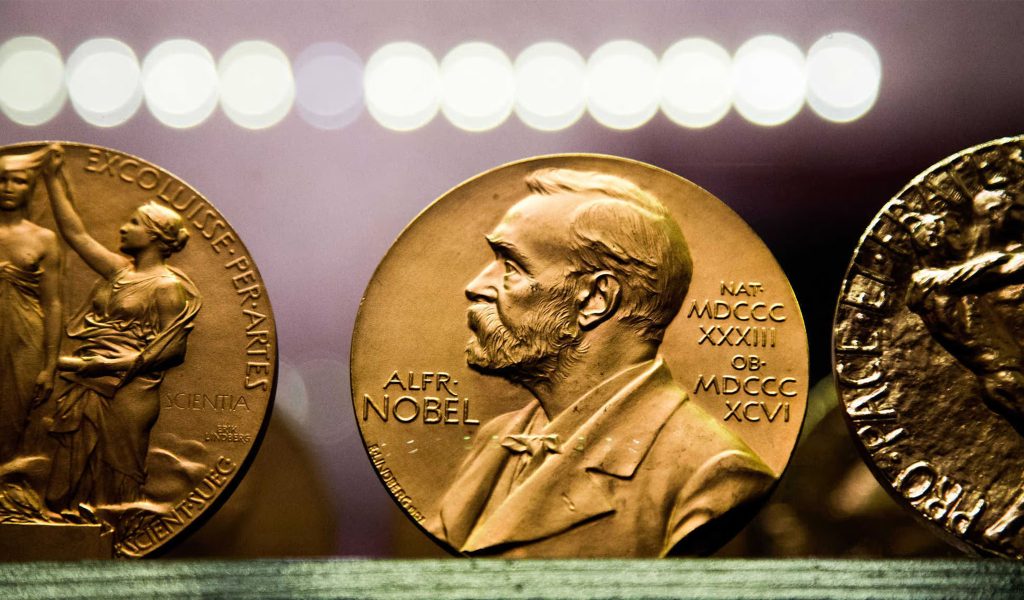We learn by doing. No doubt we attend college and major in whatever discipline we think we might be interested in, but dynamic economies in no way wait for academics to catch up with them. The work we’ll ultimately do outside of college will reflect our unique skills and intelligence that we brought to the workplace, not what we learned on campus.
Doctors are no different. As the rise of state-of-the-art surgery centers in India reminds us, learnedness and skills are choices. Taking nothing away from the genius of surgery and those who perform it, education at top U.S. medical schools is not required in order to perform the wildly specialized task. Instead, you can either attain the skill or not. At which point you do.
Warren Buffett long ago observed that no amount of training and instruction could ever make him a great athlete. By extension, no amount of bad instruction or lack thereof could have ever made him a bad investor. Applied to doctors, Harvard Medical School doesn’t make them great as much as someone accepted at Harvard Medical School likely arrives with talent. But as the rise of surgery centers in India yet again reminds us, Harvard is not required to thrive in this highly specialized area.
The globalization of surgery is difficult to separate from the presumed numerical shortage of doctors stateside. Some say the answer is for the federal government to open the U.S. up to more foreign-trained doctors, but the speculation here is that planning human capital in the healthcare space is no more effective than politicians planning how many computer chips we can import.
Better to just use price signals. If there’s really a shortage of doctors, let markets work. This includes sitting back and watching the globalization of healthcare. No doubt some Americans would only allow themselves to be operated on or examined by someone with Harvard Medical School on their resume, and they can pay up for just this. Others will ignore credentials in recognition that rare skills, for being rare, likely can’t be taught as is. Hello globalization, including more and more surgery centers in India. Good.
Still, it raises a question about where the U.S. doctors of old will go, or have gone. While in the 20th century M.D. next to one’s name signaled impressive prosperity, now it doesn’t as much. Is this government at work? The speculation here is no. This isn’t to defend government meddling in the healthcare space, but it is to speculate that something else is at work.
Doctors haven’t departed traditional medicine because of price controls in the U.S., but because the globalization of surgery and doctoring more broadly (nowadays a doctor in Shanghai can analyze a patient’s charts in Spokane) has made medicine of the doctor-to-patient variety quite a bit less lucrative. At the same time, communications technology has made it possible for wildly talented doctors (or talented people in general) to serve many more people than the traditional appointment business model would ever allow.
As Elizabeth Dwoskin, Daniel Gilbert and Tatum Hunter of the Washington Post recently reported, a mother by the name of Angelika Sharma had a six-month old child who was vomiting “uncontrollably” to the point of hospitalization. “Half a dozen pediatric specialists largely dismissed her daughter’s ailments,” only for Sharma to find Tiny Health, a Silicon Valley start-up, after an 18-month search. It turns out Tiny Health was able to test swabs taken from baby Annika’s diaper, after which a common bacteria was detected.
Dwoskin et al add that “Silicon Valley start-ups now offer tests for a battery of conditions, including menopause, food sensitivity, thyroid function, testosterone levels, ADHD, and sexually transmitted diseases.” It’s a signal. Combine copious investment meant to capture the immense amount of dollars that Americans spend on healthcare with remote testing and “doctoring” for seemingly everything, and it’s easier to perhaps see why bright people are increasingly skipping the traditional M.D., doctor/patient route.
It’s not government, rather it’s the chance to be much better doctors. In other words, there’s no U.S. doctor shortage, nor do doctors suffer price controls, as much as the doctors of old have migrated to more lucrative forms of medicine made that way by technological advances that make it possible for them to reach exponentially more around the world with their genius. Good once again.
Republished from RealClear Markets





